

The speculative fiction genre known as “science fiction” has been around in one form or other for hundreds of years. But within the last century or so, it has become a very distinctive and popular form of literature. Chances are good that, even if you haven’t read a science fiction novel, you’ll recognize some of the technology they inspired or the words coined by their authors.
With so many science fiction novels available, readers are spoiled for choice. Some feature memorable presentations of artificial life. Some of them have even been banned from public distribution. They also make great gifts for people with similar tastes.
With the number of excellent science fiction books easily being in the hundreds (and that’s being extremely picky), this list is obviously not meant to be the be-all and end-all of must-read sci-fi novels. But every reader has to start somewhere, and they might as well start with the cream of the crop. So if you want to have the essential science fiction library, here are 10 books that definitely belong on your shelves.
The concept of time travel is not a recent invention, but before The Time Machine, it was mostly confined to the realm of magic. Science fiction legend H.G. Wells is definitely the source of both the concept and term for an engine or automobile that can physically breach the fabric of space and time to deliver a person into another time.
Wrought with social and political metaphors which might make some people uncomfortable, the story involves an unnamed Time Traveler going into the far future. The Earth is on the brink of solar annihilation, and society has devolved into two breeds: The peaceful-yet-simple Eloi and the violent, animalistic Morlocks. This book is the source of a number of science fiction story devices, including the dying sun and the conflicting classes of humanity.
Wells’ influence on modern science fiction cannot be overstated. Just as he codified time travel, he begat the alien invasion story in The War of the Worlds. In this thinly-veiled commentary on British colonialism, an unnamed narrator must try to stay alive when tentacle aliens descend on England and lay it to waste.
The modern reader might find a large amount of familiar sci-fi tropes in this book. A technologically superior alien force, humans being treated like cattle, walking robot ships, and a scrappy human resistance. This book has a number of direct adaptations, arguably the most well-known of which is the infamous 1938 radio broadcast narrated by Orson Welles.
Isaac Asimov is the progenitor of the Three Laws of Robotics, which will forever tie robotics to issues of morality. The Three Laws are developed over the course of the short stories in his 1950 collection I, Robot. They appear in various forms throughout the short stories, finally being codified in “Runaround,” a tense story in which the conflict between the Laws cause potentially deadly confusion in a robot’s positronic brain.
The question of whether or not the Three Laws are actually applicable to the field of artificial intelligence is one which can be debated, but the very fact that it has entered the scientific discourse is a testament to the staying power of Asimov’s works. He was one of the writers who took robots from their Frankenstein roots to the complex, sophisticated (and potentially very real) beings we think of today.
If you have even a passing interest in film, you have likely seen the Kubrick film 2001: A Space Odyssey. However, you might not be aware that there is also a novel, written by the inimitable Arthur C. Clarke. The book tells a similar story to the film, yet has its own charms to recommend it to any fan of science fiction.
Unlike the other novels on this list, 2001 was written concurrently with the film that also bears the name. However, unlike the film, which is more of a piece of Kubrick art, the book is hard science or something close to it. It also explains the movie’s plot more clearly, especially with regards to the monoliths and their relation to humanity.
Philip K. Dick’s great meditation on artificial life should be included on this list if only because it inspired the classic sci-fi noir film Blade Runner. However, if you were to compare the two, you’d discover that the novel is actually different enough from the film to merit a look on its own.
The book is less about the mechanics of electronic lifeforms (including the eponymous electric sheep) and more about identity and emotion, and whether something created can have the same relevance as something natural.
Douglas Adams’ radio-play-turned-novel-turned-bigger-novel is pure lunacy, which is exactly why it should be read in its entirety. It really is something that should be experienced, rather than described. It’s not so much a novel as it is a series of stories strung together into one big continuity.
Hitchhiker’s is easiest to read if you approach it as a humorous deconstruction of the science fiction genre rather than a straight example. The story of Arthur Dent’s last day on Earth and everything that happens beyond reads more like absurdist art than literature. It is, if nothing else, funny in a way no other book on this list is, and deserves to be read on that basis alone. (Video chosen to honor the late, great Alan Rickman.)
In William Gibson’s Neuromancer, human minds are capable of interfacing with the Matrix, a massive interconnected cyber network that will seem very familiar to readers. Chase, the protagonist, has been rendered incapable of jacking into the Matrix after a past crime. When he’s offered the chance to regain this ability by a mysterious ninja who asks him to take on a hacking job, he leaps at the chance and begins a hazy, noir-inspired adventure.
This is one of those books that left a big footprint on the genre. It has been speculated by some that the Matrix in Neuromancer became the blueprint for the modern Internet, in a metaphorical sense if not a strictly-technical one. It is also filled with a number of great descriptive phrases, including a killer opening line.
Originally a short story by Orson Scott Card, Ender’s Game is an examination of the gray moral areas in human conflict. Humanity is in an all-out war with an insectoid alien species, and has begun training gifted children from an extremely young age to be ruthless, pragmatic military leaders who will be able to repulse the aliens for good. Six-year-old Ender Wiggin has been selected to train at the School and turns out to be a savant.
Though the novel’s famed twist ending has been perpetually spoiled since the book’s release, the book is still a good read. It manages a rather impressive feat, that being that the book’s themes of morality and manipulation still work even if you know what’s actually happening.
In Neal Stephenson’s Snow Crash, humans interact on the “Metaverse,” a next-generation version of the Internet that people interact with via first-person virtual reality. The technology that facilitates this will remind most of the Oculus Rift. A mysterious virus called Snow Crash has started infiltrating the very brains of the Metaverse users, prompting hero Hiro to try and counter it. The backbone of the plot is, of all things, Sumerian mythology.
If you have ever used the word “avatar” to refer to an online persona, you have made a reference to Snow Crash. If you have used Google Earth or Second Life, you have used something that was inspired by Snow Crash. The effect this book had on millennial technological culture is incalculable.
A more recent entry than the other books on this list, Ready Player One is as much of a nostalgia trip as it is a novel. It stars Wade Watts, a teenager obsessed with an MMO which has, for the most part, replaced communication in the digital age. He becomes obsessed with finding a treasure hidden within the game that requires extensive knowledge of an esoteric subject: 1980s pop culture.
Ready Player One is one of those novels that revels in references. If you have more than a passing interest in 1980s video game trivia, you should already have read this book. For those of you who haven’t yet done so, it’s an interesting examination of vintage and retro technology and the reverence some people have for it.
That concludes our list of the best science fiction books all geeks should read, but there are more great titles out there waiting to be explored. Think of this list as a starting point, and a chance for you to recommend your favorite sci-fi novel to other like-minded folk.
What science fiction novels do you think are essential for geeks? Are there any good sci-fi books you feel we undeservedly passed over? Tell us (and all the other book-loving tech geeks reading this right now) in the comments section below!
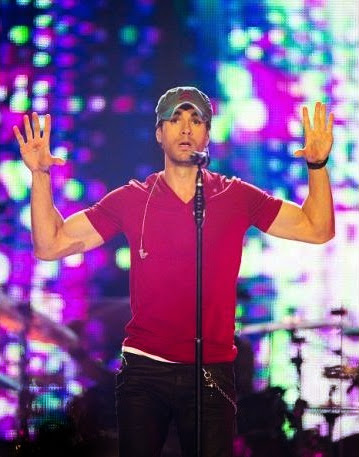
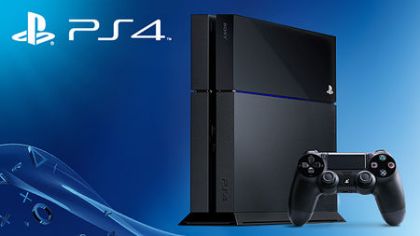

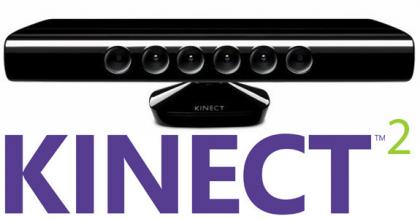
 Anime Weekend Atlanta: Whack-A-Catgirl!
Anime Weekend Atlanta: Whack-A-Catgirl!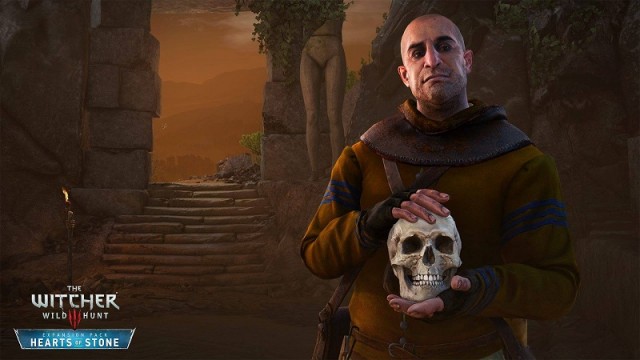 Where to Find Runewright Location in The Witcher 3: Hearts of Stone
Where to Find Runewright Location in The Witcher 3: Hearts of Stone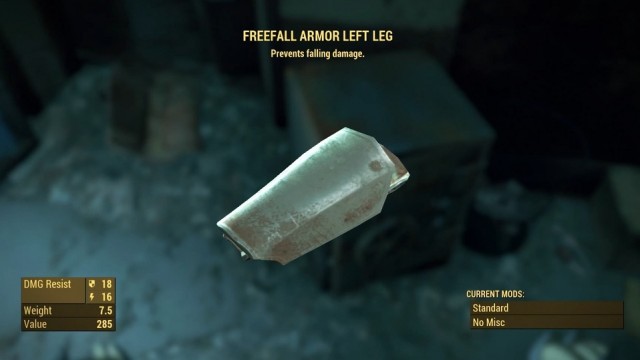 How to Get the Freefall Armor Legs in Fallout 4
How to Get the Freefall Armor Legs in Fallout 4 6 Microsoft Tactics to Make You Upgrade to Windows 10
6 Microsoft Tactics to Make You Upgrade to Windows 10 WWE 2K15 Review
WWE 2K15 Review